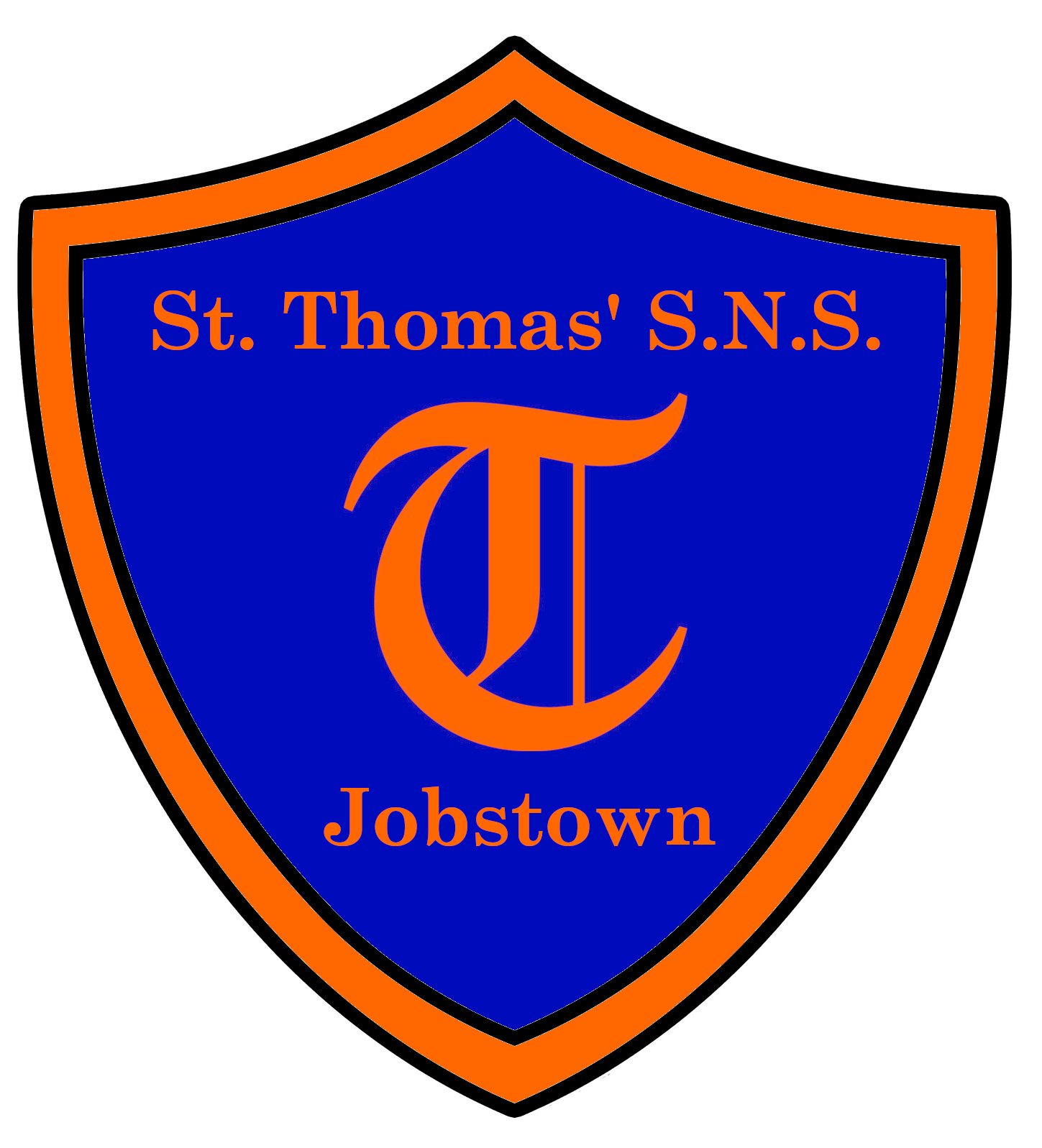In the twelfth century (the 1100s), there were many warring clans in Ireland. Each clan had their own king. The most powerful king was known as the high king. For example, Turlough O’Connor, who died in 1156, was once the high king of Ireland, just like Brian Boru. In order to become high king, a king had to fight against other powerful kings. Sometimes the king of Connacht would win, other times it might be the king of Leinster, Munster or Ulster. These constant fights meant that kings had many enemies. The reason the Normans first came to Ireland was in fact due to this fighting.
In 1169, a group of Norman soldiers and knights arrived in Wexford to help the Irish king of Leinster, Diarmuid MacMurrough. They were invited by Diarmuid to help him fight his enemies and regain his kingdom in Leinster. Diarmuid MacMurrough particularly wanted to defeat Tiernan O’Rourke, the ruler of Breffini (now Roscommon), and Rory O’Connor, the king of Connaught, because they had joined armies and had forced Diarmuid out of his kingdom.
Diarmuid MacMurrough knew that there were Norman knights and soldiers in England and he invited them to Ireland to help him. He first had to get permission from King Henry II, who at the time was the king of England and also the king of Normandy in France. In 1170, a Norman lord called Richard de Clare, nicknamed Strongbow, came to Ireland from Wales. Strongbow brought archers, knights and horsemen with him and helped Diarmuid to capture Waterford and Dublin. Strongbow later married Diarmuid’s daughter, Aoife. In 1171, when Diarmuid died, Strongbow became the King of Leinster. This meant that by 1170 AD the Normans had taken over much of the east of Ireland. By the 1300s, the Normans had castles and power in many parts of Ireland.
King Henry II, the Norman king of England and also part of France, came to Ireland in 1171. He allowed Strongbow to keep the rule of Leinster and he gave Meath to another Lord called Hugh de Lacy. Many of the important Irish leaders were afraid that they might be attacked by the Normans so they made friends with King Henry II and agreed that he would be their overlord and protector in return for certain deals and promises. King Henry left Ireland in 1172 but called himself the supreme lord of Ireland.
The Norman lords soon took over some of the lands belonging to Irish clans. They were able to keep control because they had good weapons such as crossbows and were well protected by the armour they wore in battle and also by their castles. They built their castles on high ground. The castles were initially made of timber and later made of stone. These strong castles made it difficult for Irish clans to attack the Normans. The Normans mainly had control on the east of Ireland. They never conquered the whole country.
By Mahad, Room 9, 5th Class
